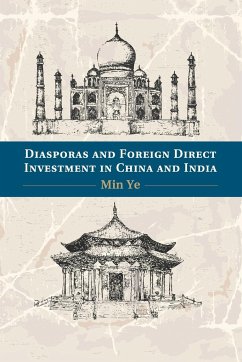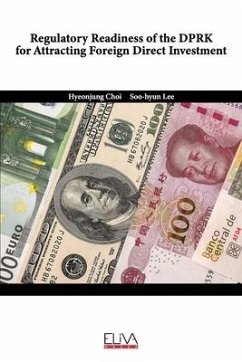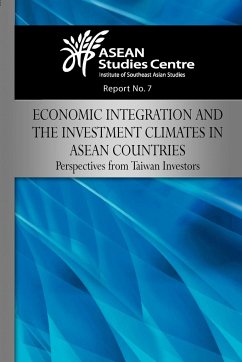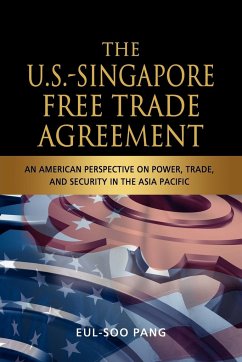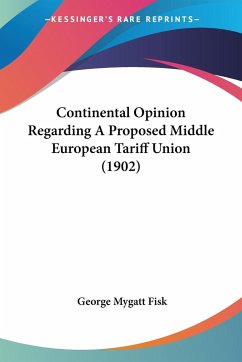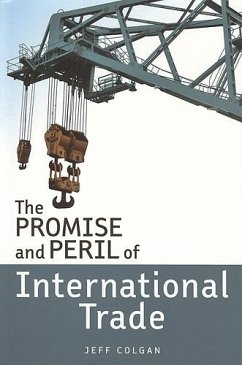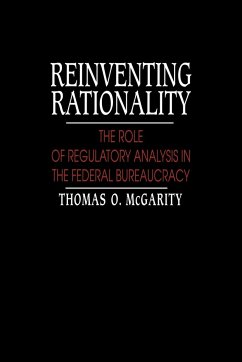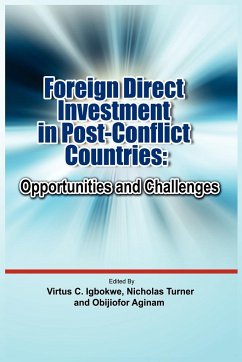
Foreign Direct Investment in Post Conflict Countries
Opportunities and Challenges
Herausgeber: Igbokwe, Virtus C.; Aginam, Obijiofor; Turner, Nicholas
Versandkostenfrei!
Versandfertig in 1-2 Wochen
30,99 €
inkl. MwSt.

PAYBACK Punkte
15 °P sammeln!
Countries recovering from conflicts face economic and institutional devastation ¯ of vital infrastructure such as schools, factories, communication networks, roads, railways, and water systems, as well as diminished human resources, a very weak legal structure and governmental institutions. In this context, policymakers are faced with the task of creating an integrated and comprehensive approach to post-conflict reconstruction with a view to sustainable economic development, political stability and peace consolidation. This volume critically examines the various approaches to encouraging and ...
Countries recovering from conflicts face economic and institutional devastation ¯ of vital infrastructure such as schools, factories, communication networks, roads, railways, and water systems, as well as diminished human resources, a very weak legal structure and governmental institutions. In this context, policymakers are faced with the task of creating an integrated and comprehensive approach to post-conflict reconstruction with a view to sustainable economic development, political stability and peace consolidation. This volume critically examines the various approaches to encouraging and regulating foreign investment in post-conflict countries. From the perspectives of both the foreign investor and the host country, it suggests how policymakers in post-conflict countries can design a foreign investment strategy that brings real and meaningful economic development as part of the wider peace-building process. FDI in post-conflict countries is discussed from different methodological perspectives, including comparative law and comparative politics, based on case studies of Afghanistan, Rwanda, DRC, Sierra Leone, Liberia, Colombia, Angola and Mozambique. _______________________________



